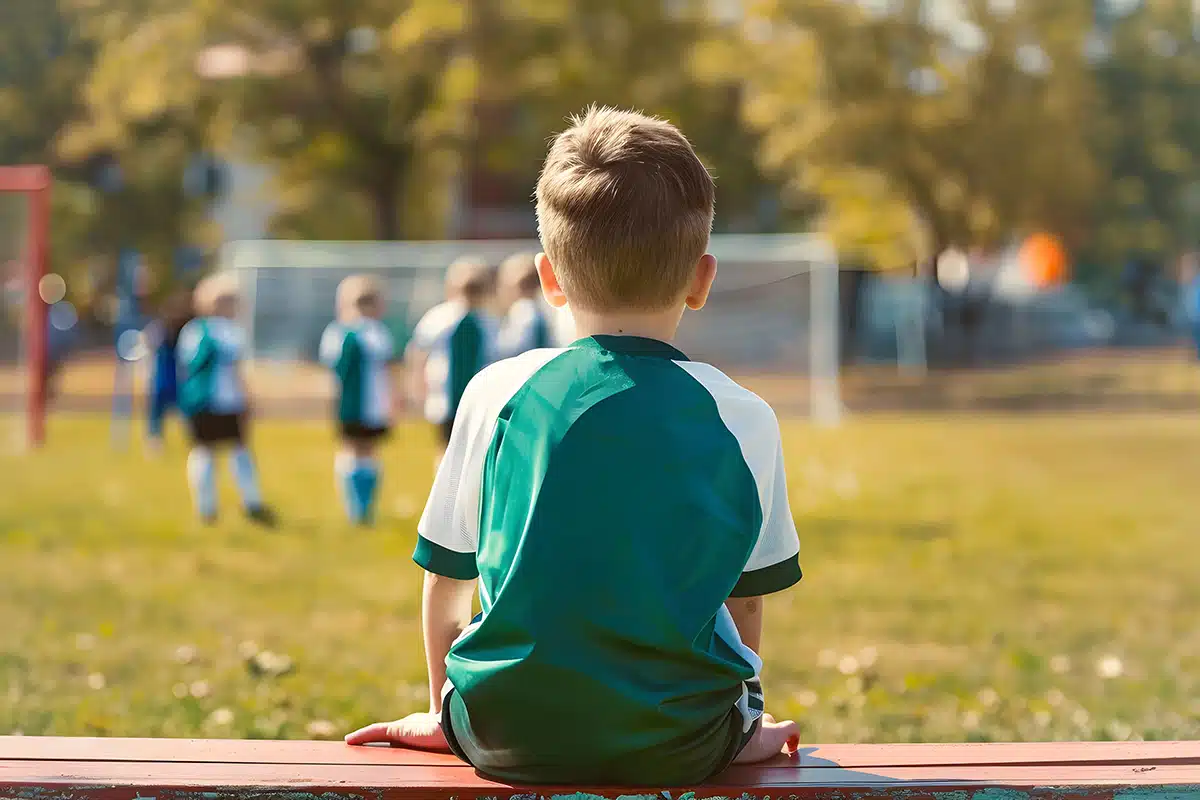
The Sensory-Friendly Summer: Activities for Kids with Autism
Discover sensory-friendly summer ideas for kids with autism, from calming activities to inclusive camps and community programs.

Concussions in youth sports are more common than many realize, and as parents, coaches and caregivers, it is crucial to know how to respond if you suspect a young athlete has experienced one. Proper treatment and timely intervention can significantly impact a child’s health and recovery, reducing the risk of long-term consequences. Here is a step-by-step guide to help you understand what to do if you suspect a concussion.
A concussion can result from a blow to the head or body, often causing the brain to move quickly within the skull. Symptoms may not always be obvious, so it is essential to watch for physical, cognitive, emotional and sleep-related signs, which can include:
Keep in mind that symptoms might appear immediately or develop over a few hours or days after the incident. If you notice any signs, treat it seriously.
If you suspect a concussion, the first step is to immediately remove the athlete from play. Continuing to play after a potential concussion can exacerbate the injury, increasing the risk of more severe damage. Make sure the athlete is seated, comfortable and in a safe environment away from further physical contact.
Even if the athlete insists they feel fine, it is crucial to be cautious. Athletes may be eager to return to play, but their well-being is the top priority.
A healthcare provider specializing in concussions or sports injuries should evaluate the athlete as soon as possible. Emergency room visits are necessary if the athlete experiences more severe symptoms like vomiting, seizures, loss of consciousness or difficulty speaking.
For a less severe case, consider consulting a pediatrician or sports medicine specialist who understands youth concussions. They can perform a thorough assessment, including a physical exam and cognitive tests, to determine the injury’s severity.
The recovery process requires a mix of physical and mental rest. Initially, the athlete should avoid physical activities like sports, running or even intense play. Cognitive rest is equally important, so they should limit activities that require concentration, such as screen time, reading and schoolwork.
The doctor may suggest a gradual return to these activities once symptoms start to improve, often following a step-by-step approach:
It is essential to observe the athlete’s progress even after symptoms appear to subside. Some symptoms may linger, a condition known as post-concussion syndrome. This can involve prolonged headaches, fatigue, dizziness and mood changes lasting weeks or even months after the injury.
If symptoms persist or worsen, consult a healthcare provider. They may recommend therapies such as physical therapy for balance issues, cognitive therapy or even a modified school and activity schedule to support the child’s recovery.
The final step is the return-to-play phase. It is crucial to follow the guidelines provided by the healthcare provider, who will assess whether the athlete is ready to safely resume sports and activities. A step-by-step protocol, often following the guidelines established by sports and medical organizations, is designed to help athletes safely return to the field while minimizing the risk of re-injury.
A typical return-to-play progression might include:
Make sure the child is symptom-free at each step and consult with their healthcare provider if any issues arise.
Prevention and education are critical in youth sports. Coaches, parents and young athletes should all be aware of concussion risks, the importance of proper headgear, and the correct techniques for reducing the likelihood of injury. Building an open environment where athletes feel comfortable reporting symptoms without fearing consequences or losing playtime is essential for their long-term health.
A suspected concussion is not something to overlook. With careful observation, prompt medical attention and a structured recovery plan, youth athletes can recover safely and fully from concussions. Educating yourself, the athlete and those involved in their care about concussions is one of the best ways to support a healthy recovery and prevent future injuries. Concussions are serious, but with the right approach, youth athletes can make a strong, healthy return to the sports they love.

Discover sensory-friendly summer ideas for kids with autism, from calming activities to inclusive camps and community programs.

Learn how to recognize the subtle signs of internalized anxiety in children, along with the importance of early support.